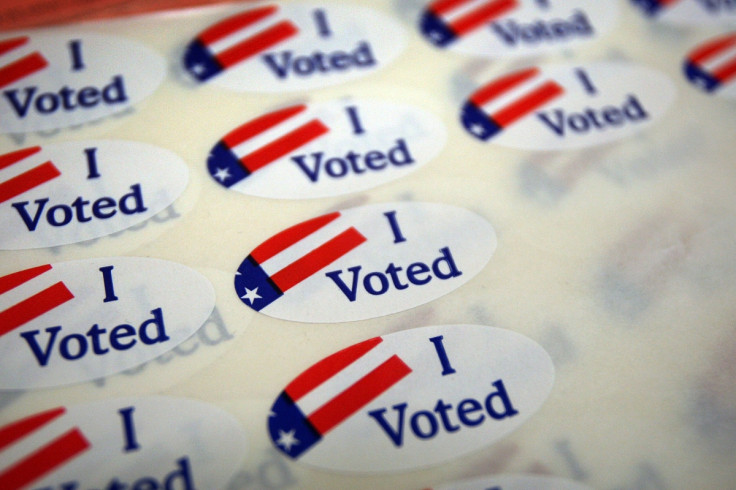More than half of voters believe US presidential elections are rigged

It's not just US presidential candidates like Donald Trump and Bernie Sanders who believe that the elections are rigged. The American public too are suspicious of preferential treatment of some candidates, especially during the primaries.
According to a survey conducted by Reuters and Ipsos, close to 51% of US voters believe the system is rigged against certain candidates. Around 71% would prefer to remove the primary voting process all together and directly choose a nominee while cutting out the delegates.
The online survey, which was conducted from 21 to 26 April and was answered by 1,582 Americans, also found that more than a quarter of the population did not understand the primary process. Participants said they would prefer it if the primary process was narrowed down to a single day of voting for all states, rather than being stretched out over months.
The American presidential election process is considered overtly complex by many, with its primaries, caucuses and conventions, all to choose a party representative.
Donald Trump had brought up the issue of a rigged election when he said, "the system is being rigged by party operatives with 'double-agent' delegates who reject the decision of voters." At the time he was referring to the Colorado Republican Party that had awarded all its delegates to Ted Cruz.
However, following the contests in Pennsylvania, Maryland, Delaware, Connecticut and Rhode Island on 27 April, Trump already has 950 delegates to Cruz's 560, according to the Associated Press.
Democratic candidate Bernie Sanders, on the other hand, took issue with the use of super-delegates who were mostly backing fellow-party candidate Hillary Clinton. In this case as well, Clinton pointed out that she won against Sanders with more votes from pledged delegates who are bound by voting results as well as total votes cast.
The survey showed that 44% of prospective voters did not understand the role delegates played in the voting process.
© Copyright IBTimes 2024. All rights reserved.






